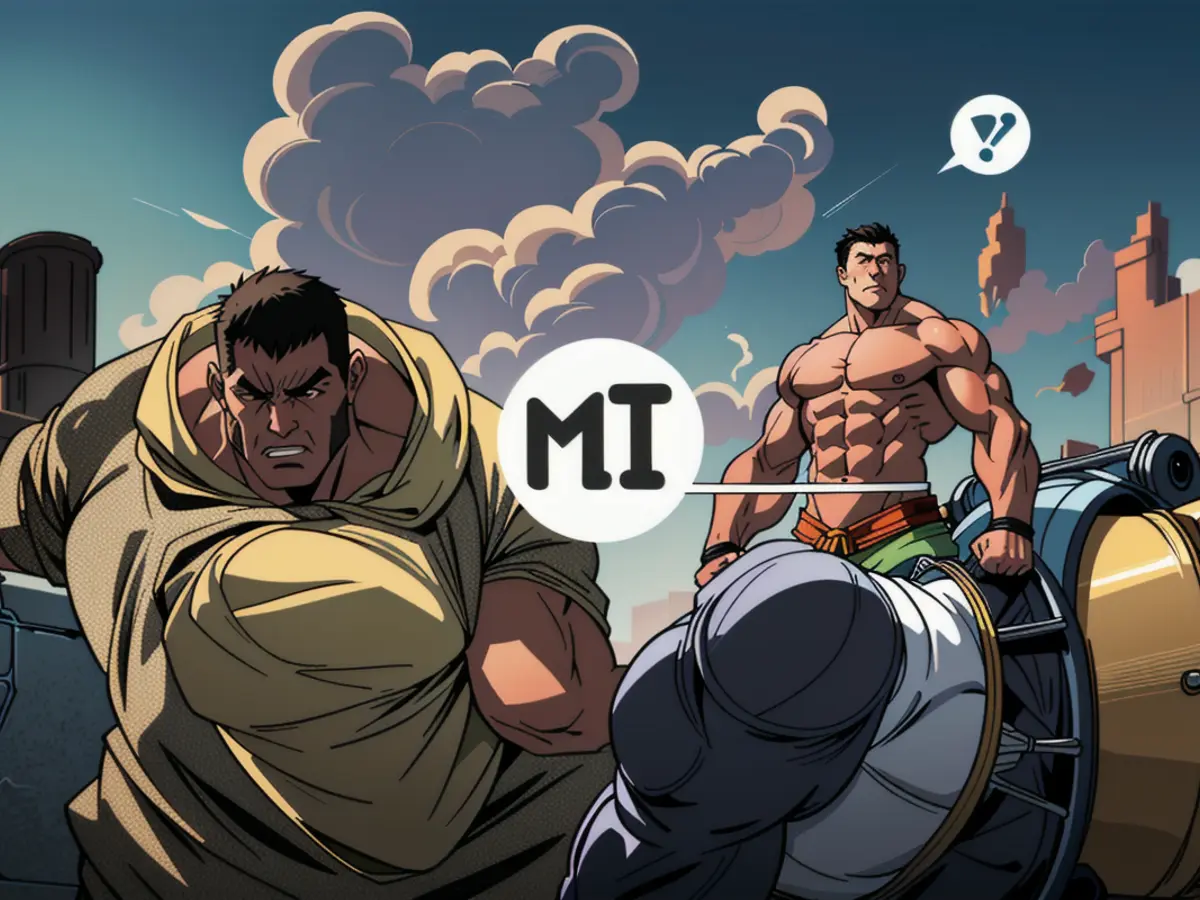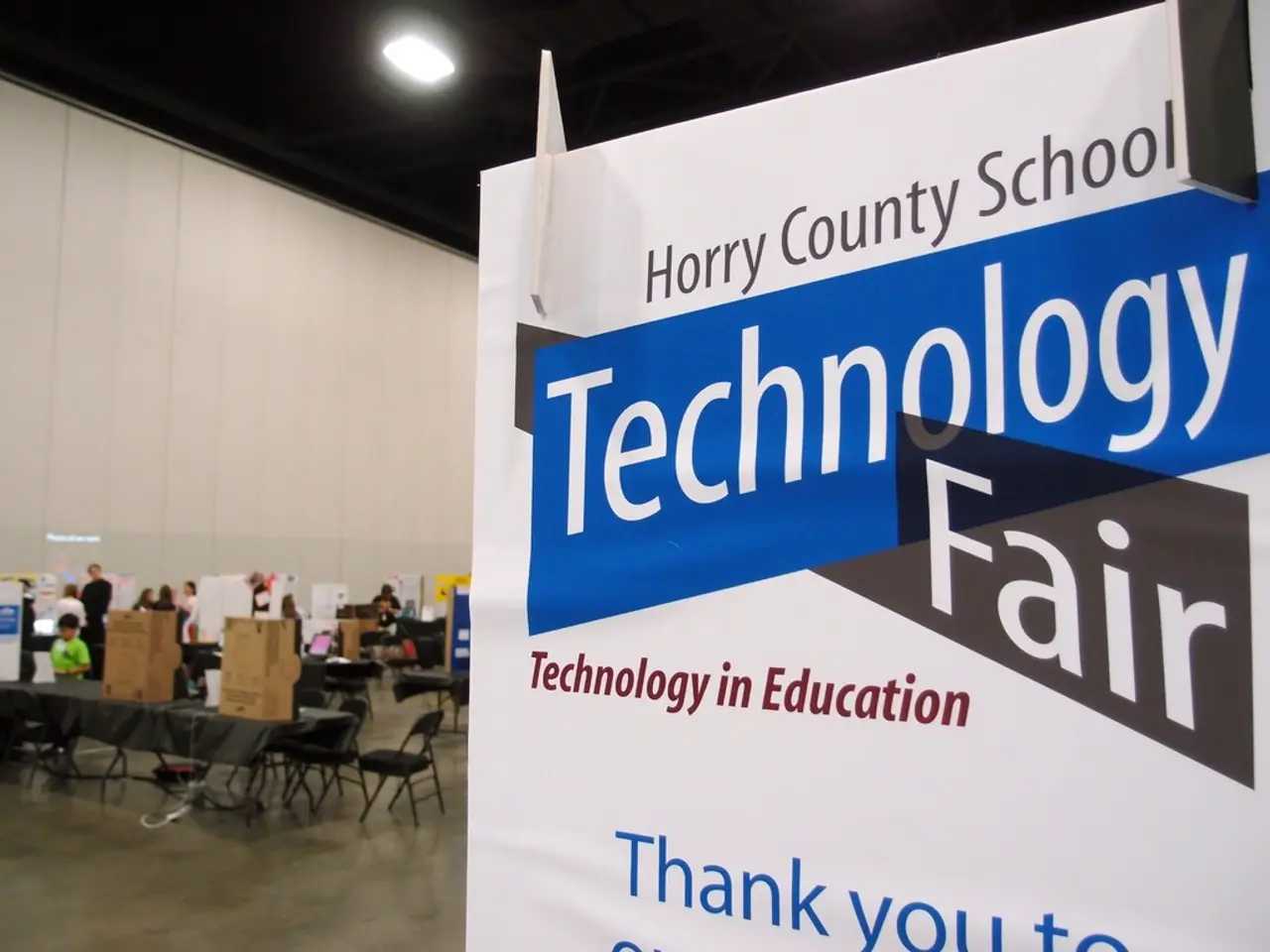Evolution in Freelance Sphere: AI Could Either Pose Grave Challenge or Lucrative Prospect?
In the wake of AI mimicking the comedian George Carlin's style, freelancers across various industries are left pondering about the future. The rise of AI has been a disruptive force, particularly on gig platforms like Fiverr, where jobs that once thrived now face competition from AI-powered tools like MidJourney, ChatGPT, and Canva's AI-driven templates.
The gig economy is no stranger to self-driving cars. In Arizona, where I reside, Waymo self-driving cars are a common sight on the streets. Uber and Lyft drivers in the area are the harbingers of automation, with self-driving technology posing a significant threat to the once-untouchable service of human drivers.

AI disruption isn't universal; it primarily targets tasks that are repetitive, pattern-based, and easily automated. Content writing, data entry, customer support, transcription, and low-level programming are just some examples that have already seen shifts due to AI-powered alternatives. Creative professionals relying on basic design tools are facing intense competition, with AI platforms generating professional-quality work in seconds. Entry-level digital marketers, once managing social media accounts, now find themselves competing with automation tools that can schedule, analyze, and optimize content without any human intervention.

However, every cloud has a silver lining, and so does this AI storm. The gig economy is also creating new career paths, with the highest-paying and longest-lasting roles demanding AI literacy, problem-solving skills, and human oversight.

One of the most significant emerging opportunities is prompt engineering. As AI lacks human-like thinking, it responds to prompts. Specialists in training AI to produce high-quality outputs can command impressive salaries, with some companies paying six figures for experts who fine-tune AI tools like ChatGPT.

In addition, AI trainers and auditors are in high demand to improve machine learning models and ensure ethical compliance. Businesses rely on human reviewers to refine AI outputs, catch biases, and train models with real-world context.
Freelancers who specialize in AI-assisted services also hold great potential. Instead of designing from scratch, graphic designers can create high-end branding and marketing strategies that AI alone cannot replicate. Writers can deliver more in-depth analysis and expert commentary by using AI for research.
To tap into these opportunities, gig workers should focus on education in fields like AI literacy, data analytics, and digital strategy. Platforms such as Coursera, edX, and LinkedIn Learning offer courses in AI-related skills. The key to success lies in learning how to manage, train, and enhance AI rather than being replaced by it.
AI may replace certain gig economy workers, but it will also create new opportunities for those who understand how to integrate AI while adding human expertise. As the gig economy evolves, the most successful freelancers will embrace AI as a tool, focus on problem-solving, and build strong personal brands that machines cannot replicate.
- Despite AI's increasing influence in the gig economy, prompt engineering has emerged as a high-paying opportunity, with specialists commanding six-figure salaries for fine-tuning AI tools like ChatGPT.
- AI trainers and auditors are in high demand to refine machine learning models, catch biases, and ensure ethical compliance, creating new jobs for freelancers in the evolving gig economy.
- Freelancers can leverage AI as a tool rather than a threat by focusing on education in fields like AI literacy, data analytics, and digital strategy, and by building strong personal brands that offer human expertise beyond AI capabilities.



